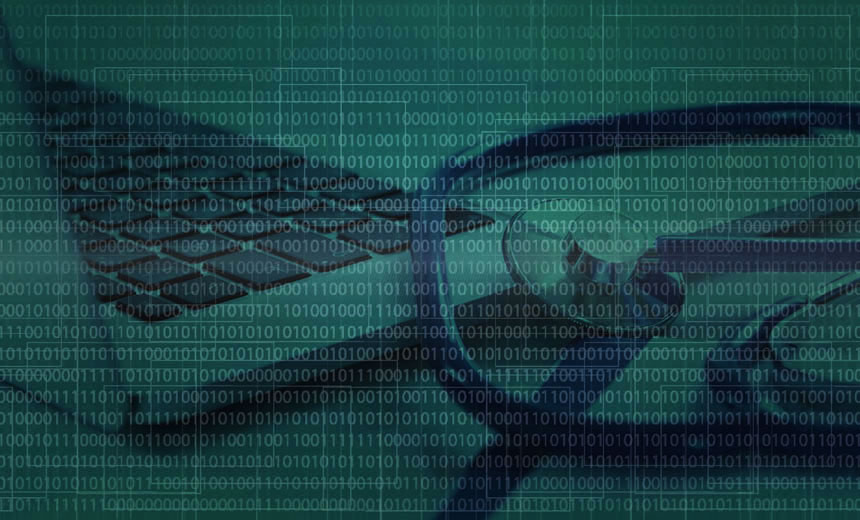To overcome roadblocks, organizations should prioritize sensitive data, enforce strict authentication and authorization, implement micro-segmentation, and ensure employee awareness of security best practices.
The healthcare sector experienced a record-breaking number of major data breaches in 2023, affecting over 135 million individuals, highlighting the urgent need for enhanced cybersecurity measures.
The botnet’s shift to targeting vulnerable Java applications in a campaign called “Frog4Shell” poses a significant risk to internal machines that may have been neglected and remained unpatched.
Researchers at Unit 42 have identified a large-scale campaign named ApateWeb that employs over 130,000 domains to distribute scareware, PUPs, and other scam pages. The campaign involves adware programs, a rogue browser, and various browser extensions. User awareness and the use of advanced cybersecurity measures like URL filtering and DNS security are crucial to to […]
The vulnerability can be leveraged by an attacker with local network access, and until Microsoft issues a patch, users can implement micropatches provided by Acros to mitigate the risk.
Tel Aviv-based Aim Security has raised $10 million in seed funding for its new GenAI security platform, led by YL Ventures and including participation from Cyber Club London and angel investors.
A local privilege elevation flaw (CVE-2023-45779) affecting several Android OEMs was discovered and addressed in the December 2023 security update, highlighting weaknesses in APEX module signing using test keys.
The defendants used credential stuffing techniques to compromise accounts, sell access to them, and devised a method for buyers to withdraw funds, resulting in millions of dollars in illicit gains.
The Foreign Ministry of Canada has been hit by a cyberattack, leading to the closure of remote access to its network. Hackers gained access to personal data, and experts suspect a foreign country, possibly Russia or China, to be behind the attack.
Hackers breached the Romanian Chamber of Deputies’ database and obtained confidential information, including the prime minister’s identity documents and medical analyses. They threatened to release the data unless they received a ransom of $34,000.









